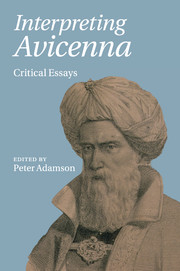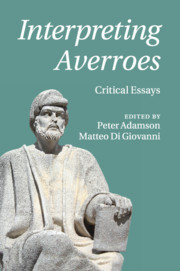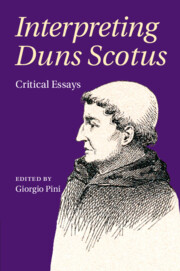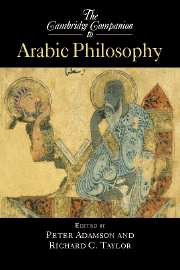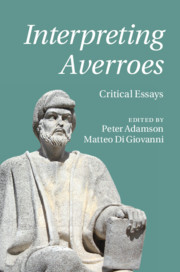Interpreting Avicenna
Avicenna is the greatest philosopher of the Islamic world. His immense impact on Christian and Jewish medieval thought, as well as on the subsequent Islamic tradition, is charted in this volume alongside studies which provide a comprehensive introduction to and analysis of his philosophy. Contributions from leading scholars address a wide range of topics including Avicenna's life and works, conception of philosophy and achievement in logic and medicine. His ideas in the main areas of philosophy, such as epistemology, philosophy of religion and physics, are also analyzed. While serving as a general introduction to Avicenna's thought, this collection of critical essays also represents the cutting edge of scholarship on this most influential philosopher of the medieval era.
- Explores the influence of Avicenna in Christianity as well as the Islamic and Jewish traditions
- Provides an understanding of how parts of Avicenna's thought interrelate
- Examines a wide range of areas of Avicenna's philosophy
Reviews & endorsements
"… this volume stands out as a well-structured and comprehensive handbook on Avicenna … a remarkable achievement … each and every essay is an outstanding piece of scholarship, which offers a state-of-the-art presentation of its subject as well as break[ing] new ground and advanc[ing] our knowledge of Avicenna's life, thought, and legacy … the volume is unquestionably a treasure trove of information and a truly indispensable contribution to Avicennian studies … The editor, Peter Adamson, deserves the highest praise for publishing an enlightening and comprehensive handbook on Avicenna that will remain a fundamental point of reference for generations to come."
Alexander Treiger, Ilahiyat Studies
"The collection captures an important moment in the emergent field of modern Avicennian studies, when the grand ‘cartographic’ project is being taken into impressively larger scales."
Toby Mayer, Journal of Islamic Studies
'If we are to make the case for intellectual historians and historians of philosophy to bring Avicenna into a new canon, or to locate him in a curriculum that goes beyond the desire to form canons, this book is a vital offering to that cause … It is hard to quibble with the merits of this volume, and readers interested in Islamic thought, and in particular Islamic philosophy, as well as historians of philosophers will profit from a careful reading, using it to map out possible research trajectories.' Sajjad Rizvi, Journal of the American Oriental Society
Product details
August 2013Hardback
9780521190732
314 pages
229 × 152 × 19 mm
0.59kg
3 tables
Available
Table of Contents
- 1. The life and times of Avicenna: patronage and learning in medieval Islam David C. Reisman
- 2. Avicenna's philosophical project Dimitri Gutas
- 3. Avicenna on the syllogism Tony Street
- 4. Avicenna's natural philosophy Jon McGinnis
- 5. Avicenna and medicine Peter E. Pormann
- 6. Avicenna's epistemological optimism Dag Nikolaus Hasse
- 7. Certitude, justification, and the principles of knowledge in Avicenna's epistemology Deborah Black
- 8. Avicenna's metaphysics Stephen Menn
- 9. From the necessary existent to God Peter Adamson
- 10. Avicenna's Islamic reception Robert Wisnovsky
- 11. The reception of Avicenna in Jewish cultures, East and West Gad Freudenthal and Mauro Zonta
- 12. Avicenna's Christian reception Amos Bertolacci.

